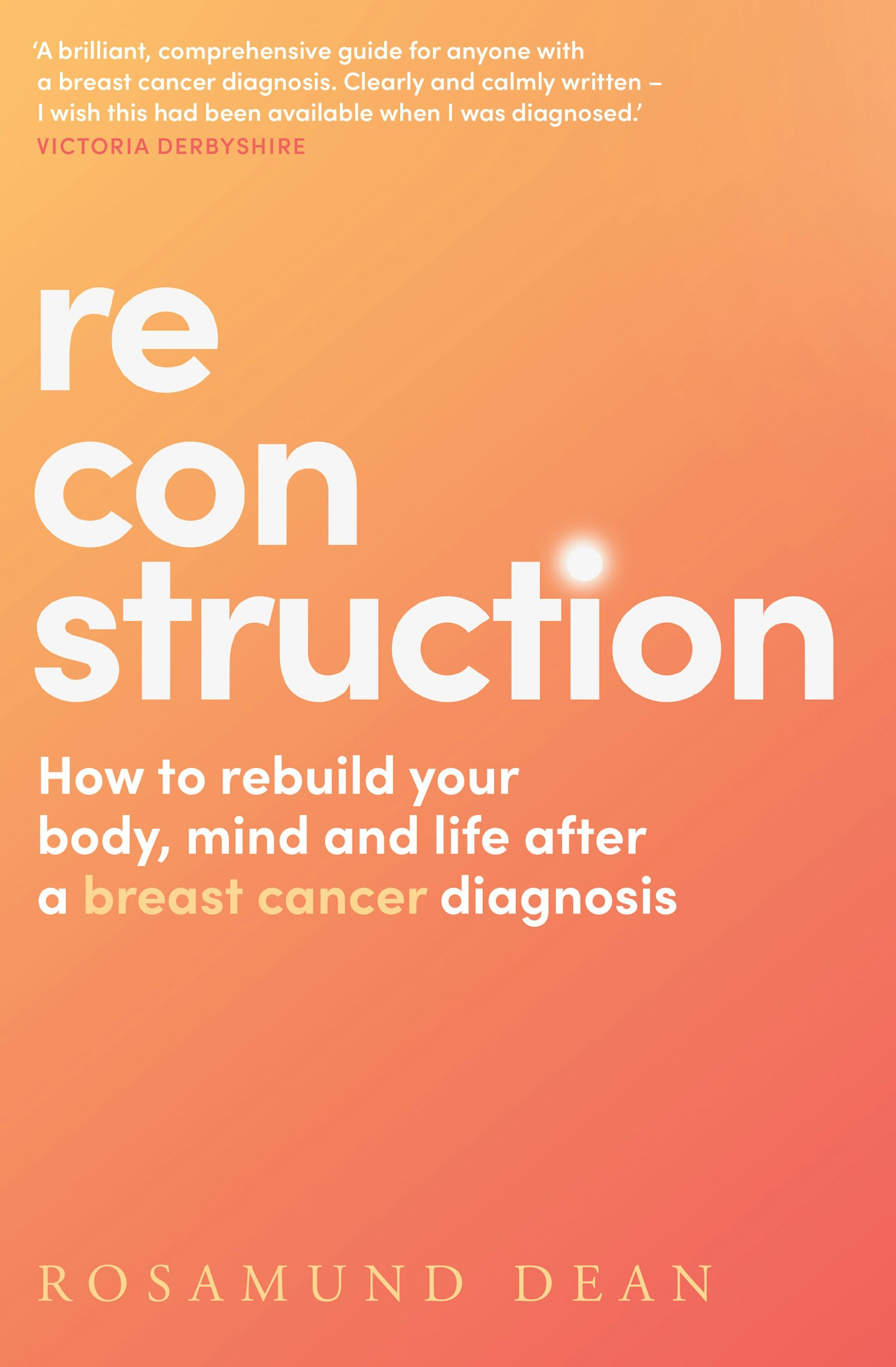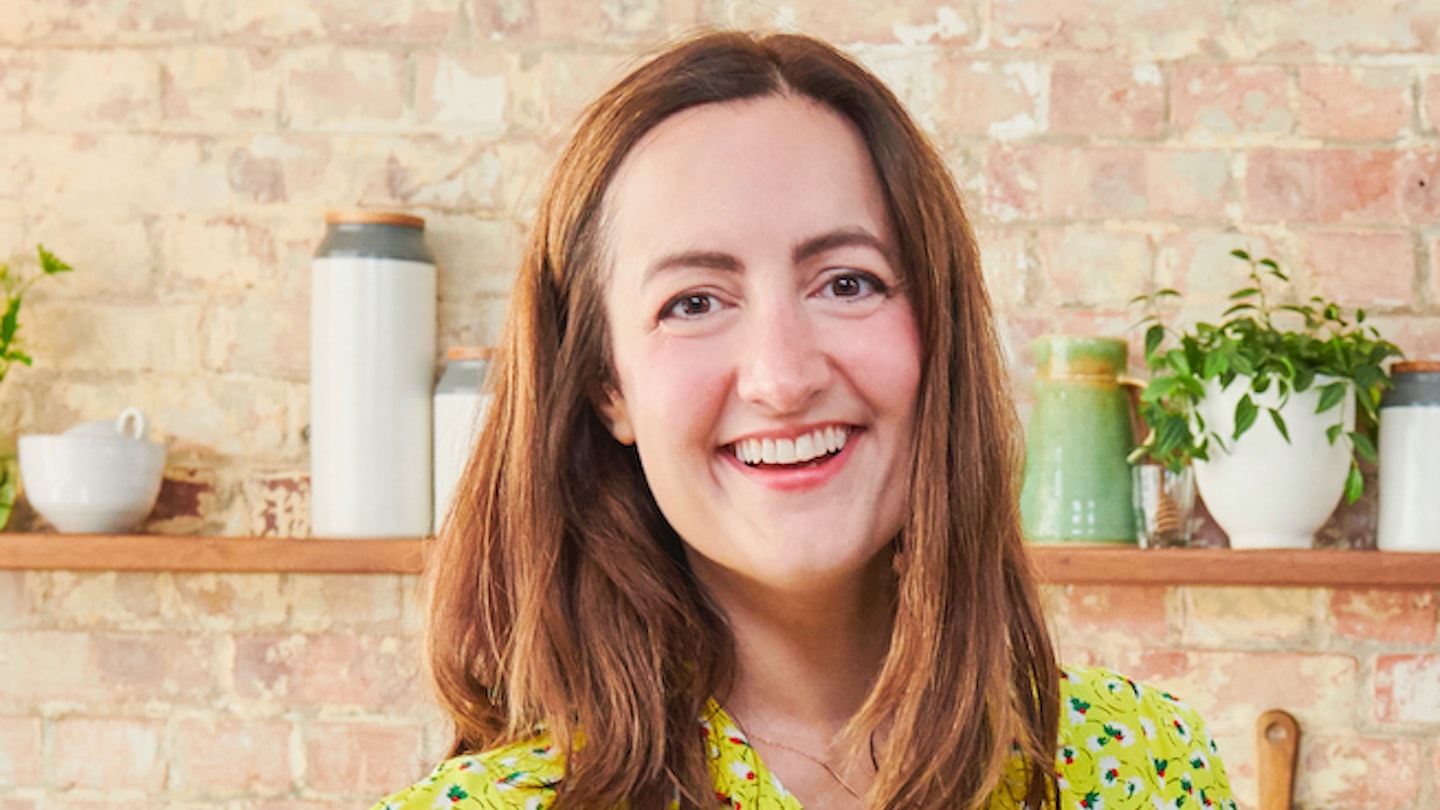‘Can I assure my kids that I’m not going to die?’ That was the first question I asked the surgeon who told me I had breast cancer in 2021.
I cried with relief when the answer was ‘yes’. Looking back, this was before they had done the MRI, CT and bone scans to check that there was no cancer elsewhere in my body, so they can’t have known for sure, but I’m grateful that they said it.
My son Ezra was six years old and my daughter, Eden, was three at the time. Despite their young age, my husband and I decided to be totally honest with them about what was going on. They were old enough to remember my aunt, who died of ovarian cancer the year before my diagnosis, so their only experience of cancer was that people die of it. I wanted to be clear with both of our kids that my diagnosis would be nothing like my aunt’s experience. My cancer is treatable, and it will get better, I told them.
Some people try to shield their children from hearing about cancer at all, avoiding all mention of the C word. But my logic was that, if we had tried to hide it, they’d hear us talking and pick up on it anyway. Particularly since the government had just announced the third national lockdown, so the four of us were together all day, every day.
For us, it was the right approach. Ezra and Eden took the news in that matter-of-fact way that children do, and we kept an open dialogue so that they could ask anything, at any point. Their questions ranged from the hilarious (‘Will your hair get in my food?’) to the heartbreaking (‘Does this mean you’ll never get cancer again, like chickenpox?’).
Dr Emma Hepburn is a clinical psychologist and author of A Toolkit for Your Emotions: 45 ways to feel better. Reassuringly, she commends my instinct to be honest.
‘We can worry about the impact of talking to children about cancer,’ she says, ‘but they often pick up on things and can start to fill in the blanks with misinformation. Or try to hide their feelings if they don’t have the facts, or the permission to discuss how they feel. Use clear simple language, in short chunks and allow spaces to ask questions. Explain at an age-appropriate level what this will mean for them and their daily routines.’
Having said that, she adds there is no need to go into every single detail at this point. ‘Provide information on a need-to-know basis, rather than overburdening them,’ she suggests. ‘Find out what they know already and clarify anything they have misunderstood. Remember not everything has to be done at one time… this is the start of a journey that you will return to when children need to speak or ask questions, or there is more information to share.’
In my case, we were lucky to be able to tell our children that I was having curative treatment, and would get better. But what if you are dealing with a secondary diagnosis, and the prognosis is not positive?
‘There is no set way to do this and it will depend on your family needs, the child and their stage of development,’ says Emma. ‘But talking to children about it can enable them to process what’s going on, talk about their feelings, feel more in control and involved and prepare for and cope when the person does die. Listening, enabling children to be heard and containing their emotions are critical parts of this process. Let them know that difficult emotions are normal for all those involved.’

Adline Warwick Thompson is a counsellor specialising in psychosocial oncology, and recommends the excellent Macmillan Guide to Talking to your Children, which you should be able to pick up at your hospital at the point of diagnosis.
She breaks down the key things to consider:
Prepare what you are going to say in advance. If you have a partner, make sure you’re both on the same page.
Find the right time and place. Definitely not late afternoon or evening, when they’re tired.
Set the tone. Equally as important as what you say, is how you say it.
Keep it simple. And be consistent, so that children are repeatedly getting the same message without ambiguity.
Prepare your children for any changes that will happen. Whether this is in relation to side effects like hair loss or extreme tiredness, and importantly in terms of their routine.
Work with your school system so that they are updated with what is happening
Reassure your children that you cannot catch cancer. You may be surprised how often a child harbours this worry.
Encourage your children to express their feelings, which is often easier with primary school age children. Teens and young adult children can be the most complex to communicate with.
And finally, without lying or sugar coating, try and be positive. ‘It’s important to communicate that you are doing everything possible to get better, and your doctors are also doing their best, which is true, no matter the outcome,’ says Adline. ‘Be honest, but still offer hope.’
Reconstruction: How to rebuild your body, mind and life after a breast cancer diagnosisby Rosamund Dean is out now
